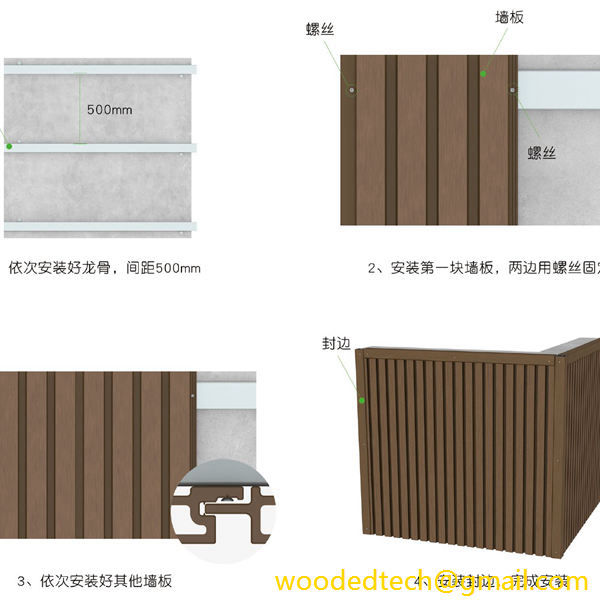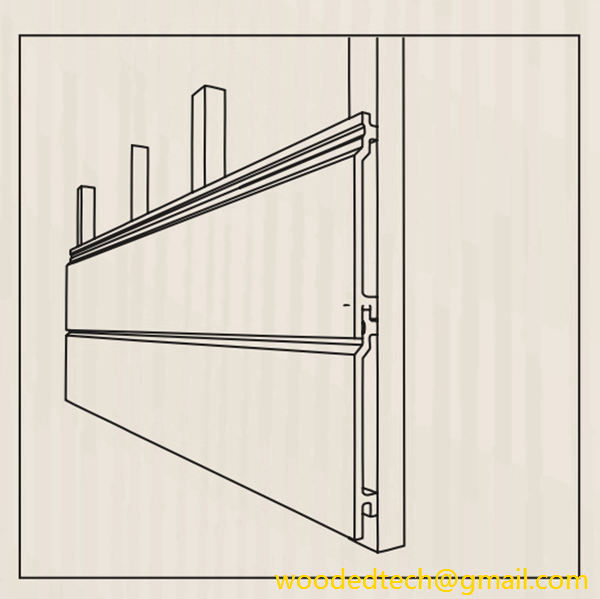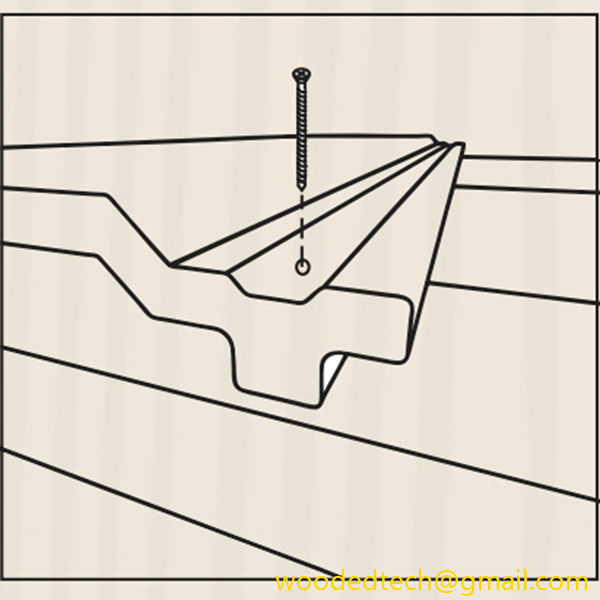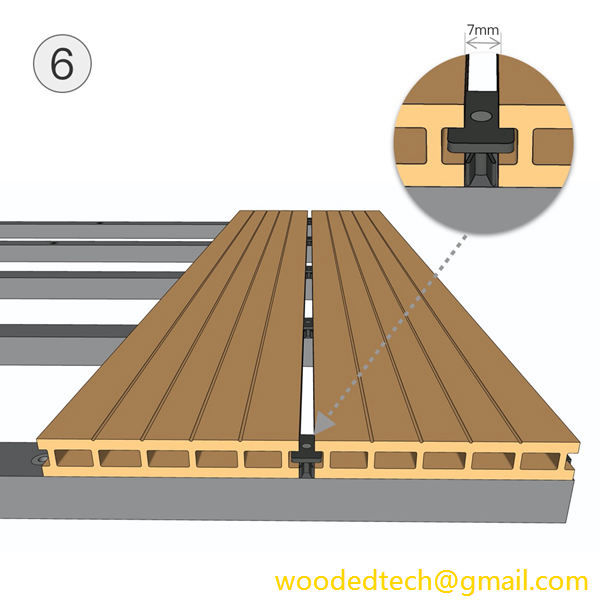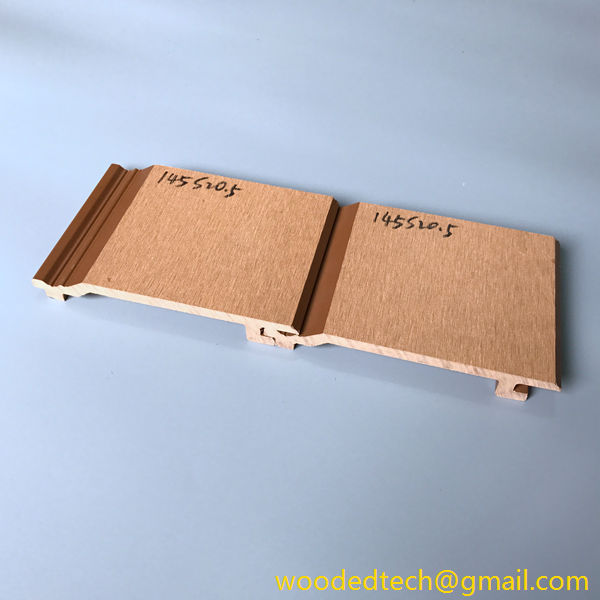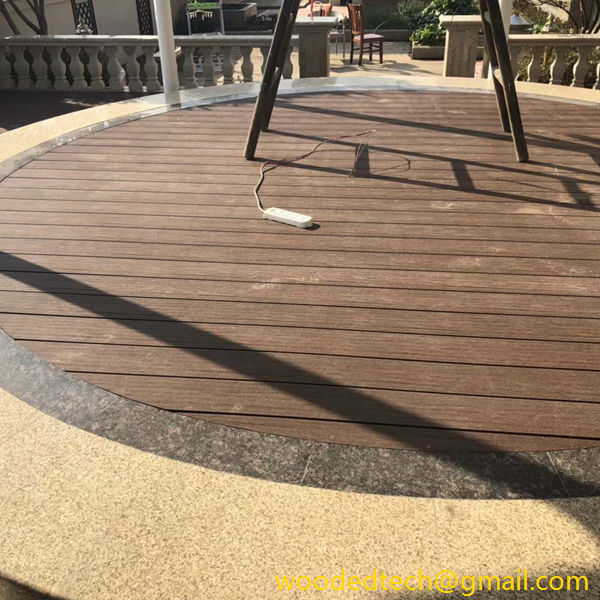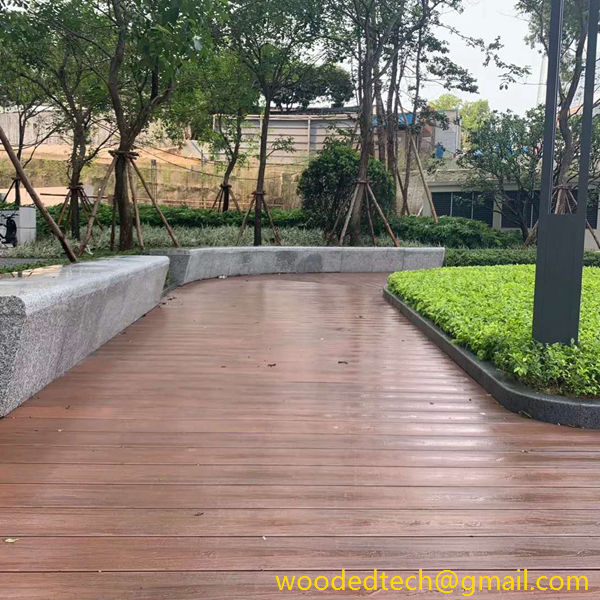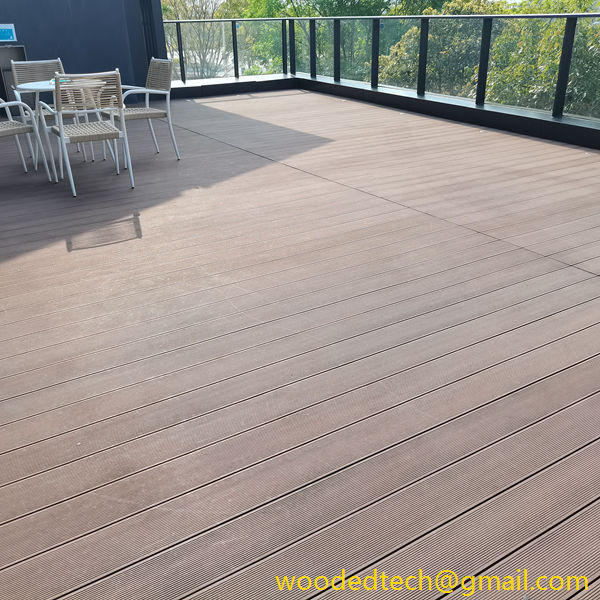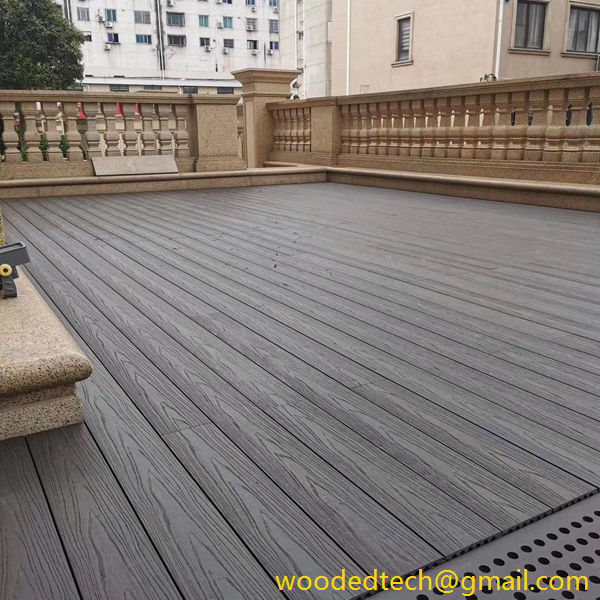Tips for Installing WPC Wall Cladding for a Professional Finish
Tips for Installing WPC Wall Cladding for a Professional Finish When it comes to enhancing the aesthetic appeal of your home or commercial space, Wall Cladding made from Wood Plastic Composite (WPC) offers an excellent solution. Not only does it provide a modern and stylish look, but it is also remarkably durable and low maintenance….
Tips for Installing WPC Wall Cladding for a Professional Finish
When it comes to enhancing the aesthetic appeal of your home or commercial space, Wall Cladding made from Wood Plastic Composite (WPC) offers an excellent solution. Not only does it provide a modern and stylish look, but it is also remarkably durable and low maintenance. If you are looking to install WPC wall cladding for a professional finish, there are several tips to keep in mind to ensure a successful installation that minimizes the effort required in the future.
Choosing the Right Material
Before you begin the installation process, it is vital to select high-quality WPC wall cladding. Look for products that are specifically designed for exterior use, as these will be more resistant to moisture, UV rays, and other environmental factors. Thoroughly researching different manufacturers can help you identify brands that offer robust warranties and excellent customer support. Additionally, consider the style, texture, and color of the cladding, as these elements will significantly impact the overall appearance of your space.
Preparing the Installation Area
Preparation is key to achieving a professional finish with your WPC wall cladding. Start by ensuring that the surface where you will install the cladding is clean, dry, and free from debris. If you are installing the cladding over an existing wall, check for any imperfections, such as holes or cracks, and repair them before proceeding. You may also want to consider applying a moisture barrier, especially if you are in an area prone to humidity. This step will help protect your cladding from potential damage and extend its lifespan.
Measuring and Planning
Once the area is prepped, take accurate measurements to determine how much WPC wall cladding you will need. Use a level to ensure that your measurements are precise from the start. Planning the layout is equally important; decide whether you want the cladding to run vertically or horizontally, as this will affect the overall look of the installation. Additionally, consider any features or obstacles such as windows, doors, or electrical outlets that may require special attention during the installation process.
Cutting the Panels
When cutting your WPC wall panels, it is crucial to use the right tools and techniques to achieve clean edges. A circular saw with a fine-toothed blade is ideal for this material. Always wear safety goggles and a dust mask to protect yourself during this process. Additionally, make sure to measure twice and cut once to minimize waste and ensure that each panel fits perfectly into place. If you encounter any difficulties, do not hesitate to consult the manufacturer’s guidelines for cutting and installation recommendations.
Installing the Cladding
With all your preparations complete, you can begin installing the WPC wall cladding. Start at the bottom of the wall and work your way up, using a level to ensure that each panel is straight and even. Depending on the specific system you are using, you may need to install a starter strip at the bottom to support the first row of panels. Fasten the panels securely, making sure to leave adequate expansion gaps as recommended by the manufacturer. This is particularly important in areas with fluctuating temperatures, as it allows for the natural expansion and contraction of the material without causing damage.
Finishing Touches
Once all the panels are installed, you can focus on the finishing touches that will contribute to a professional appearance. Install corner trims and end caps to cover any exposed edges and provide a polished look. These finishing elements not only enhance the aesthetic quality of the installation but also help protect the edges of the cladding from potential damage. Additionally, you may want to apply a sealant or protective coating if recommended by the manufacturer, although many high-quality WPC products come pre-treated for durability.
Caring for Your WPC Wall Cladding
One of the most significant advantages of WPC wall cladding is its low maintenance requirements. However, a little care can go a long way in preserving its appearance and functionality. Regularly inspect the cladding for dirt or debris accumulation and clean it with a gentle soap solution and a soft brush or cloth. Avoid using harsh chemicals or abrasive materials, as these can damage the surface. In case of any stains or discoloration, follow the manufacturer’s recommendations for cleaning and maintenance to ensure the longevity of your investment.
In conclusion, installing WPC wall cladding can dramatically improve the look and functionality of any space while requiring minimal maintenance over time. By choosing quality materials, preparing adequately, measuring and cutting carefully, and following a systematic installation process, you can achieve a professional finish that not only enhances your property but also stands the test of time. With the right care and attention, your WPC wall cladding will continue to look stunning for years to come, providing you with a beautiful and maintenance-free solution for your walls.

